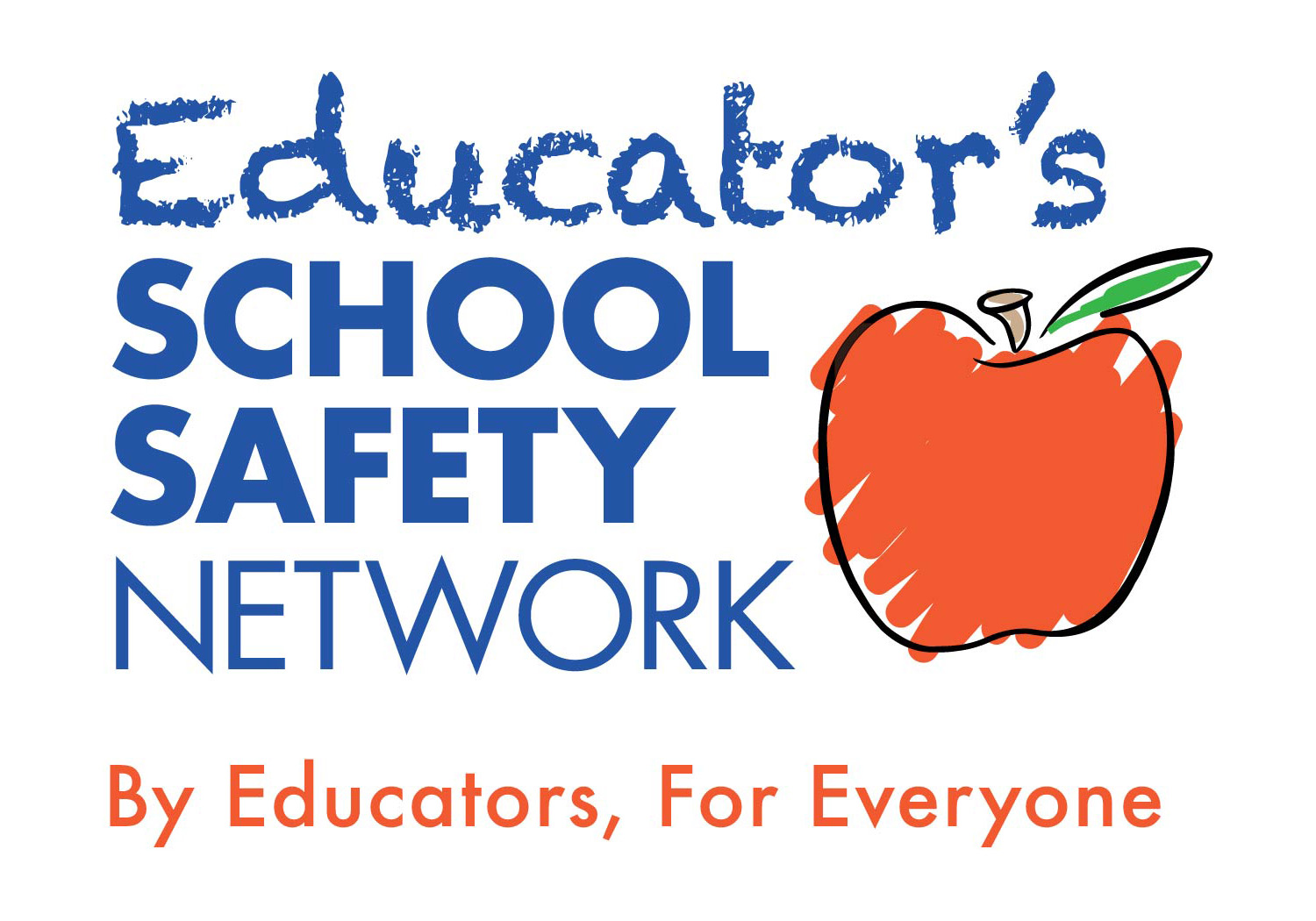The recent controversy over an ill-advised active shooter training for teachers in Indiana raises a number of important issues from the need for educator training that incorporates more than just active shooter response, to the inappropriate use of teachers as "props" in exercises and drills. While these (and more) are relevant concerns, let's consider whether subjecting teachers to a simulation of their worst nightmares is an effective training strategy. Not surprisingly - it isn't.
Since the 1960's research has established that using fear to change behaviors simply doesn't work and in many cases actually increases the problem. There is a great deal of research showing that the use of scare tactics to make a point, modify a behavior, or instill a sense of importance is ineffective at best, and traumatizing at worst. Teachers being shot "execution-style" with pellet guns by law enforcement officials checks all the boxes. The teachers already understood (and were concerned about) the possibility of being victimized by an active shooter as they had made it a priority to attend a training that was supposed to show them how to respond to a shooting. The end result of subjecting teachers to trauma in the name of training is that the problems associated with educators not being empowered to respond to violence were actually increased - not decreased.
In 2004, the National Institute of Health took the position that "Programs that rely on scare tactics to prevent problems are not only ineffective, but may have damaging effects." Then there's common sense - if scare tactics and intimidation really worked, there be no smoking, drunk driving, teen pregnancy, or drug abuse.
Perhaps most tragically, we already know what works to increase safety in schools: research-based, all hazards violence prevention and crisis response training incorporating an educational perspective. In other words, training that is by educators, for educators.
